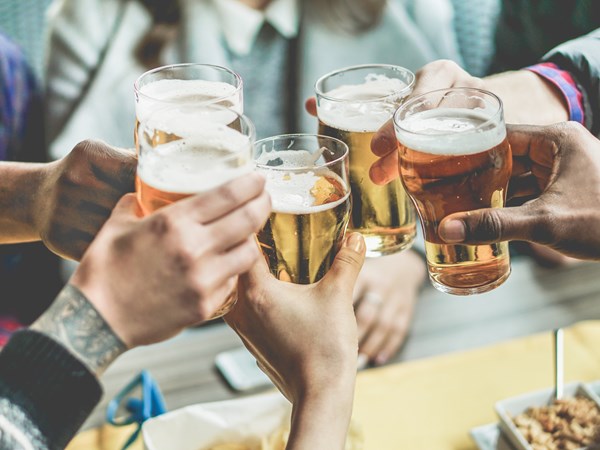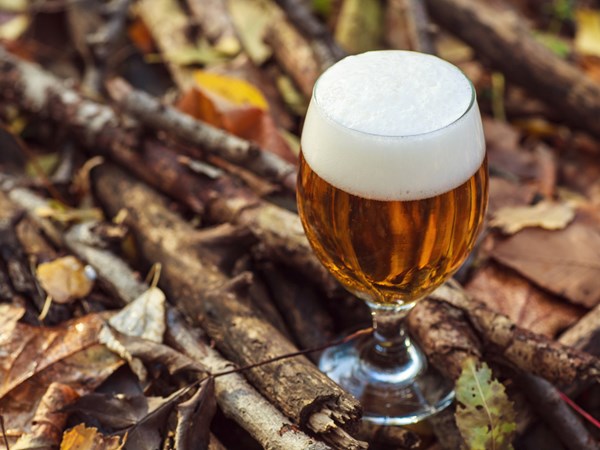Serving the community through the coronavirus outbreak
As I write, the dreadful scourge of coronavirus has taken 4,300 lives, with deaths on course to double every day until it will flatten out and presumably diminish. Meanwhile our shopping habits and enforced social distancing when in a retail environment, have drastically changed in a way that I never thought possible.
The doom and gloom is hard to ignore, with the mainstream media talking about nothing else and always the worst scenarios and most tragic situations. In many ways that is understandable, but I have witnessed so many acts of kindness and consideration in the past couple of weeks. It feels as if my local community is really coming together and for the first time ever, are hugely appreciative of the retail workers helping us to stay fed.
Notes have been popped through letterboxes of the elderly by neighbours offering to chat on the phone or buy supplies, even when they have no clue as to their name or family circumstances. Presents of flowers, magazines, books and home-grown vegetables have been left outside neighbouring doors.
An army of volunteers are making scrubs for doctors, sending spare masks to hospitals and making hand sanitiser from chemicals. Retired doctors and nurses are returning to work without a second thought for their own welfare.
The Royal Voluntary Service, under its Good SAM campaign, appealed for people to register as Volunteer Responders to deliver food and pharmaceuticals to those most at risk who need to stay safe and well at home. There were hoping for 250,000 to sign up but achieved a phenomenal 750,000 in the first couple of days. They have had to close applications so they can process the mountains of submissions they received.
Technology is playing its part too, with street WhatsApp groups sharing photos, news, recipes, humorous videos and simply touching base to make sure everyone is OK. Families and friends are holding virtual dinner parties and celebrating anniversaries and birthdays via Houseparty and Zoom.
It is clear that getting access to food and drink has been taken for granted for decades. We have been used to wandering into a store and getting practically anything we want and with a huge variety of choice. With restaurants, pubs, cafes and takeaways closed, presumably those people who have not really cooked before are now participating in ‘cooped up cooking’ every day of the week. Google searches have wildly increased for making bread, avoiding food waste, freezing leftovers and what you need in a pandemic pantry. Suddenly, food is at the heart of everything we do, and local suppliers are key to keeping us all going.
When this is over and we get back to normal, hard to imagine just now, but we will, there will be a recognition for the very important role our local food producers play and a new appreciation for local food shops. Then I believe the general public will go out of their way to support their independent stores in a way they have never done before and quite rightly so.
Sue Nelson




